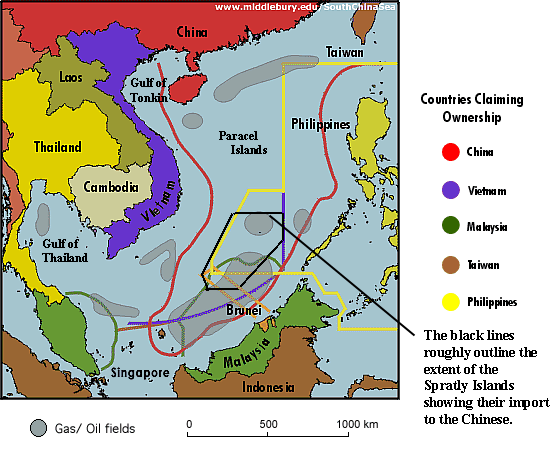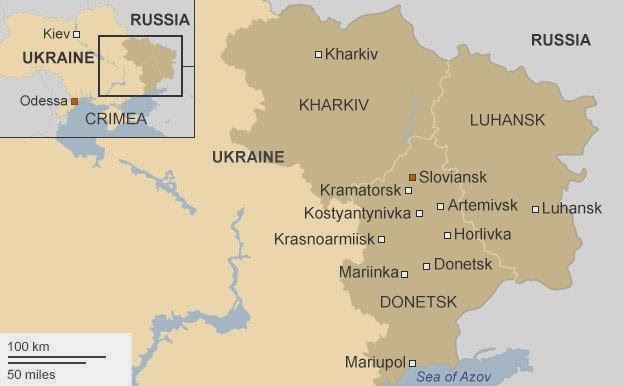Having discussed his view that the Ukraine government is at fault for worsening the conflict, Russia's Putin explained to Angela Merkel that a "rising civilian toll has created a humanitarian crisis in Ukraine." However, it was Defense Minister Sergei Shoigu's comments that "the world has changed and changed dramatically," demanding that his troops "must be in constant combat readiness," are the most disconcerting as his strong tone in the following clip appears to confirm Poland and NATO's fears.
Putin's conversation with Merkel...
Russian President Vladimir Putin, German Chancellor Angela Merkel spoke by phone, exchanged views on “intensifying crisis situation” in Ukraine, Kremlin says in e-mailed statement.*PUTIN TELLS MERKEL UKRAINE GOVT AT FAULT FOR WORSENING CONFLICTPutin says “real political dialogue” needed between authorities in Kiev and representatives of rebelsOffensive by Ukrainian forces in southeast leads to mounting civilian toll, humanitarian problems: Putin
Shoigu starts talking (in Russian) at around 30 second mark, clip includes coverage of the military drills that are under way...
Sergey Shoigu, Russia's Defense Minister said that "Peacekeeping units should be in a state of constant battle readiness."He added: "The world has changed, and has changed dramatically. As you know from previous examples, including in the brigade, peacekeeping units can be activated without warning."After checking the 15th motorized rifle brigade of peacekeeping forces, the defense minister said that now all peacekeeping brigades are staffed exclusively by contractors, reported "Interfax".Meanwhile, the humanitarian crisis in eastern Ukraine is getting worse by the day. Today the problems of those who are located in the eastern Ukraine zone where the Ukrainian army has been dispatched was discussed at an emergency meeting of the UN Security Council.According to recent reports, the casualties of the conflict now amount to 1,400 people, with more than four thousand injured. In addition, about 300,000 people have fled their homes.
"Prepare for the unexpected," Shoigu concludes...





















